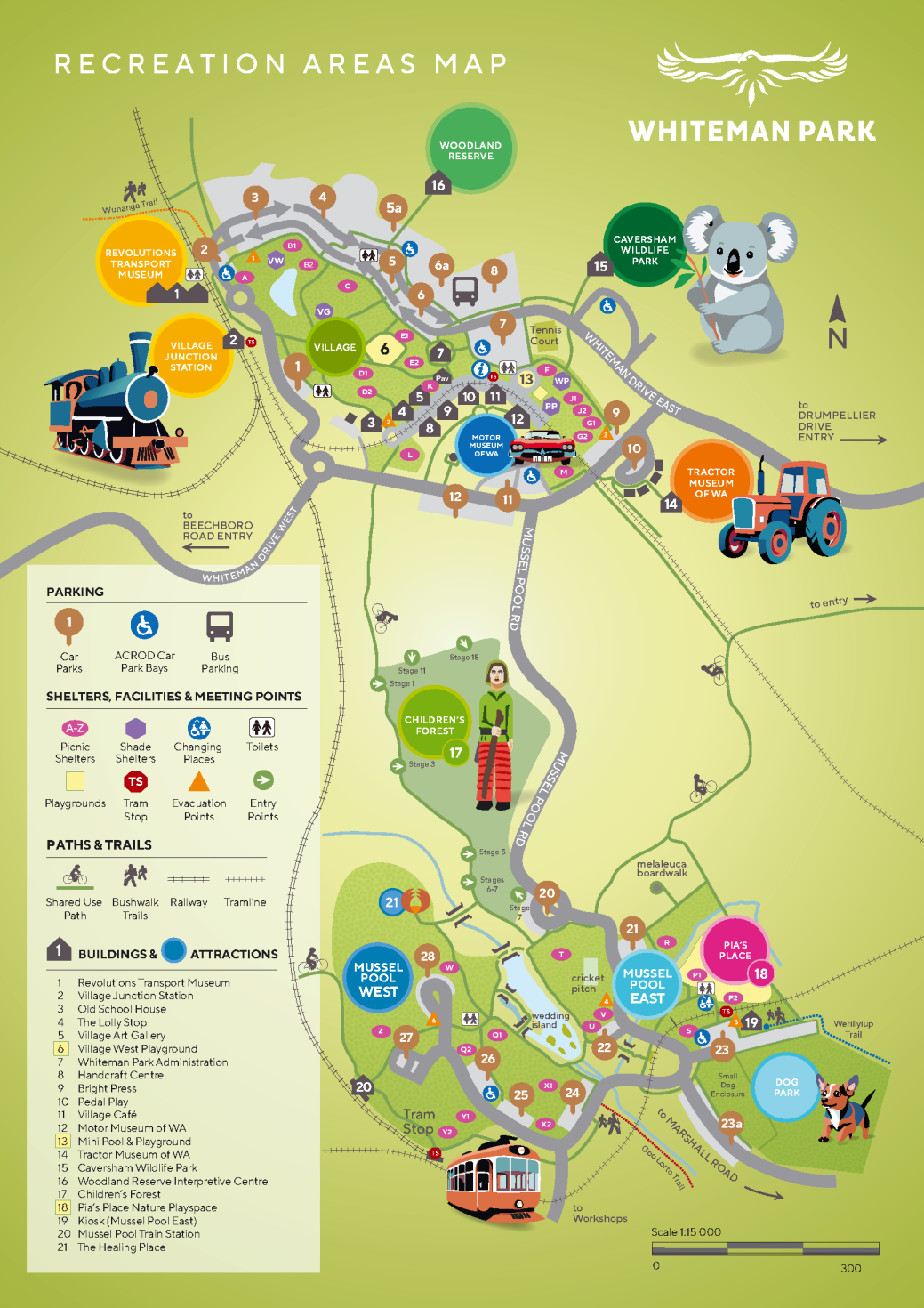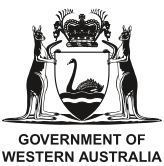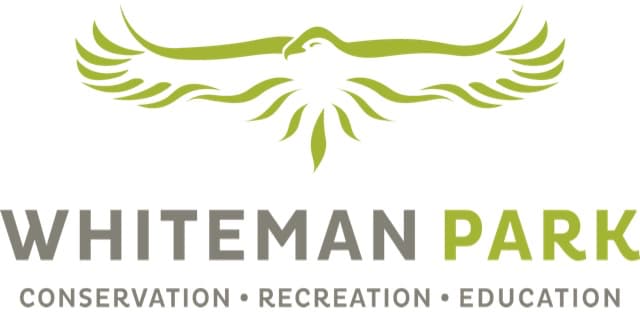Whiteman Park acknowledges the Aboriginal peoples of Western Australia as the traditional custodians of this land and we pay our respects to their Elders, past, present and emerging.
Whiteman Park sits on the traditional lands of the Mooro people in Wadjuk country, part of the Noongar nation that covers the southwest of Western Australia.
Much of the land that makes up Whiteman Park has high cultural significance for the local Noongar people, with strong mythological and historical connections. The Park has extensive wetland systems associated with Bennett Brook and its tributaries, with most of the registered Aboriginal Heritage sites within the Park connected with the Brook.
Aboriginal groups would travel along the reaches of Bennett Brook, hunting and gathering food while moving from camps in the Guildford area to Lake Gnangara, then beyond to the freshwater chain of wetlands that extend from Lake Goollelal to Yanchep.
There are a number of sites listed in the Register of Aboriginal Sites, which include artefact scatters and sites of cultural significance. Five registered sites of significance to Aboriginal people within the current boundaries of Whiteman Park are:
- Bennett Brook (in total), a mythological site registered as ID3692 (S02254)
- Bennett Brook Camp Site, a ceremonial and mythological site registered as ID3840 (SO1997)
- Bennett Brook: Lord St. 1, a ceremonial site registered as ID3489 (S02663)
- Mussel Pool, a mythological site registered as ID3745 (S02195)
- Success Hill, a ceremonial and mythological site registered as ID3757 (S02147)
On the Swan Coastal Plain, within which Whiteman Park sits, most wetlands are of Aboriginal significance for the following reasons:
- they are a source of food and water
- they were used as camping places
- they have current heritage values, many Aboriginal elders consider wetlands to be spiritual repositories particularly as wetlands are breeding grounds for many living creatures.
This connection with the land is still of vital importance not only to the local Aboriginal community, but to all people visiting the region.
Noongar is the official language of the Aboriginal people of the South-West of Western Australia. Traditionally an oral language, Noongar is made up of fourteen different dialects, resulting in variable spellings. Whiteman Park acknowledges the variations in pronunciation and spelling of Noongar words and generally refers to South West Land and Sea Council for consistency, except when referring specifically to an external organisation that utilises alternative spelling.
Examples of alternative spellings includes Wadjuk/Whadjuk, Noongar/Nyoongar/Nyungah and Boodja/Boodjar.



